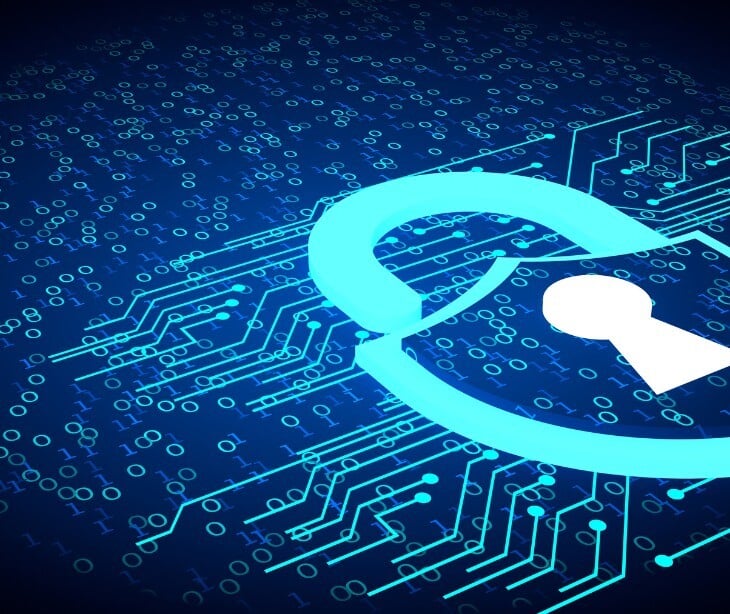
Ocuco Inc., a global provider of software for the eyecare industry, has reported a significant data breach affecting the sensitive information of nearly 241,000 individuals in the United States. The incident has been attributed to a ransomware attack carried out by the threat group known as "Kill Security" or "killsec."
What happened
According to reports and a filing with the U.S. Department of Health and Human Services (HHS), Ocuco experienced a major cybersecurity incident. While the company has not yet released a public notice detailing the event, cybersecurity intelligence suggests the attack occurred around April 1, 2025. On that date, the "killsec" ransomware group claimed responsibility for the attack, posting about the hack on a dark web forum on the Tor network. Ocuco officially reported the breach to the HHS on May 30, 2025.
Go deeper
Ocuco, headquartered in Dublin, Ireland, is a major business associate for the eyecare sector, providing critical software like the Acuitas practice management and electronic health record (EHR) system. Its platforms are used by thousands of optical retailers, eye hospitals, and labs in 77 countries.
The full scope of compromised data is still under investigation, but as the breach involved both personally identifiable information (PII) and protected health information (PHI), it may include:
- Full names
- Dates of birth
- Contact information (addresses, phone numbers)
- Medical records and health information
- Health insurance details
- Financial or payment information
The intrigue
This incident is a classic example of a supply chain attack within the healthcare sector. A single breach at a major software vendor like Ocuco has the potential to impact hundreds or thousands of separate healthcare providers (covered entities) and their patients. The public disclosure of the breach appears to have been initiated by the ransomware group's post on the dark web, preceding an official announcement from the company itself.
Why it matters
The breach is significant due to the large number of individuals affected and Ocuco's central role as a business associate managing vast amounts of sensitive eyecare data. The compromise of detailed PHI from an EHR system puts patients at a heightened risk of medical identity theft, insurance fraud, and phishing scams. This incident shows the responsibility healthcare providers have to vet the security practices of their software vendors.
What they're saying
As of this writing, Ocuco has not issued a public statement or a detailed breach notice on its website.
However, law firms are already mobilizing. Shamis & Gentile P.A., a firm specializing in data breach litigation, announced its investigation, stating, "If you were affected by the data breach, your sensitive personally identifiable information may have been exposed, and you may be eligible for compensation." Attorneys working with ClassAction.org are also investigating the incident for a potential class-action lawsuit.
Looking ahead
Patients of eyecare providers who use Ocuco software should be on high alert for official notification letters. Once notified, affected individuals should carefully review any offered identity theft protection services and monitor their financial accounts, credit reports, and medical statements for any suspicious activity. Ocuco will likely face legal action and regulatory investigation by the HHS-OCR.
FAQs
What is a business associate?
Under HIPAA, a business associate is a person or entity that performs functions or activities on behalf of, or provides certain services to, a covered entity (like an eye hospital or clinic) that involve the use or disclosure of PHI.
What is a supply chain attack in healthcare?
A supply chain attack targets a third-party vendor or supplier that provides software or services to other organizations. In healthcare, attacking a business associate like an EHR provider can be an effective way for cybercriminals to gain access to the data of many different healthcare organizations through a single point of compromise.
What should individuals potentially affected by this breach do?
Individuals should wait for an official notification letter from Ocuco or their eyecare provider. Upon receipt, they should take advantage of any complimentary credit monitoring offered, review their financial and medical statements for any irregularities, and consider placing a fraud alert on their credit files.



.jpg)
